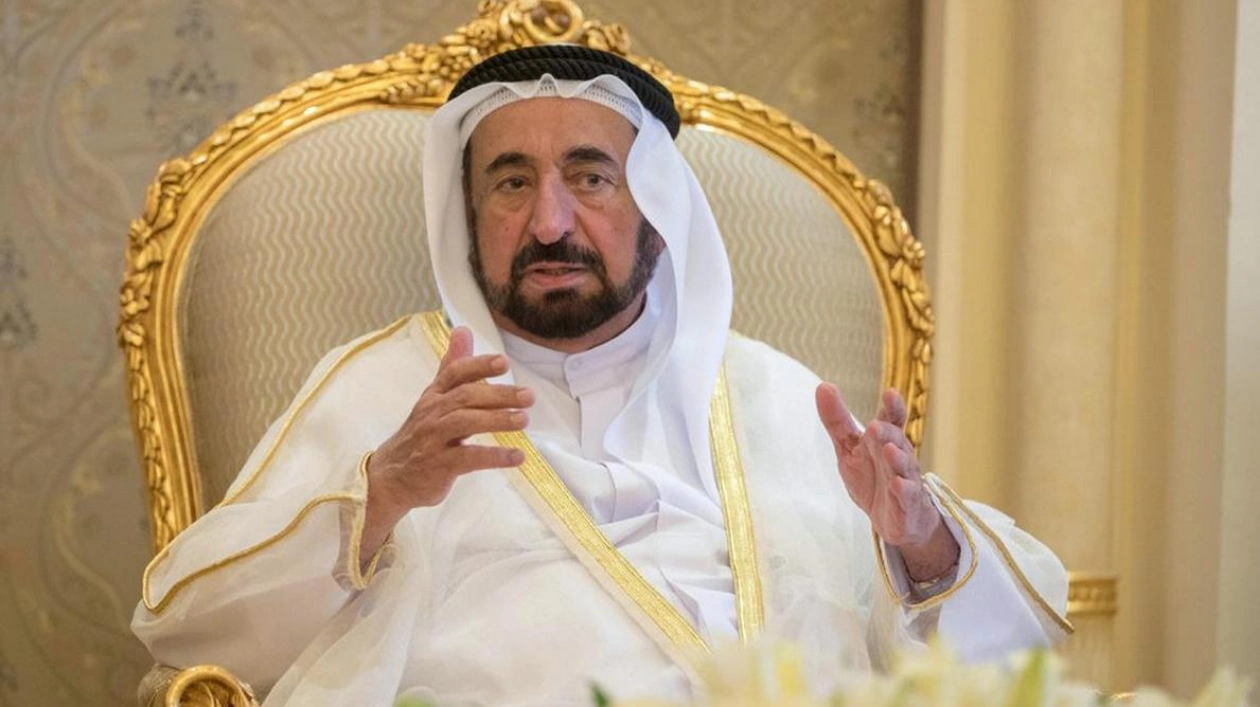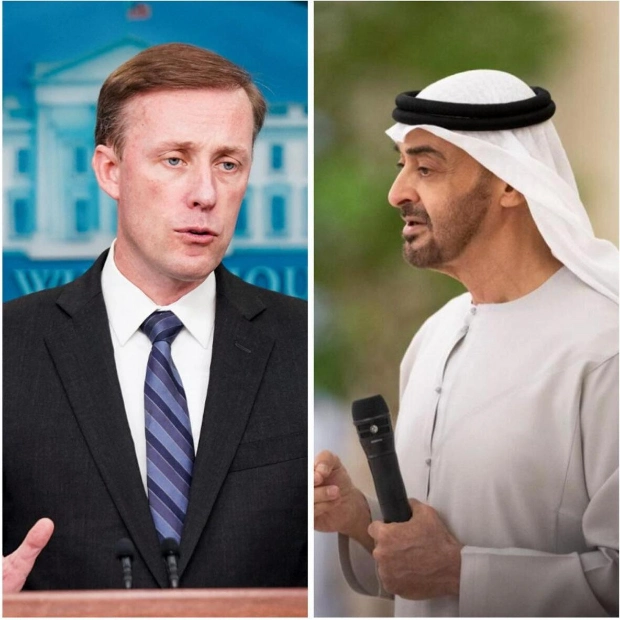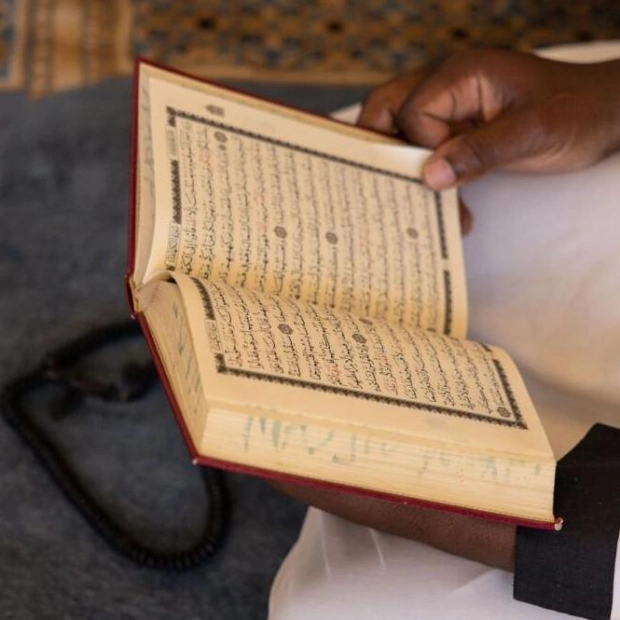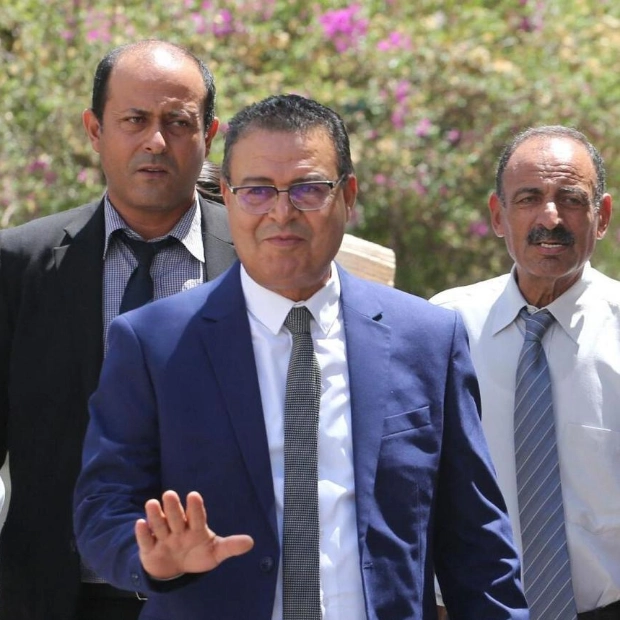A new law amending certain provisions of the law governing the Holy Quran and Sunnah Foundation was issued on Monday, July 8.
Sheikh Dr. Sultan bin Muhammad Al Qasimi, a member of the Supreme Council and the Ruler of Sharjah, enacted Law No. (4) of 2024, which amends parts of Law No. (2) of 2018 concerning the regulation of the Holy Quran and Sunnah.
The law specifies that Clause No. (5) of Article No. (5) of the aforementioned Law No. (2) of 2018 will be replaced with new wording: 'Regulating permits for establishing private centers dedicated to memorizing the Holy Quran and the Sunnah of the Prophet, establishing the necessary controls and conditions, and overseeing and monitoring these centers in collaboration with relevant authorities in line with existing legislation.'
Additionally, Article No. (13) bis is added to Law No. (2) of 2018, stating: 'Employees approved by the institution and appointed by a decision of the Minister of Justice, as per the provisions of Article (35) of Federal Decree-Law No. (38) of 2022 concerning the Criminal Procedures Law, shall have the authority of judicial police officers in investigating violations of this law and related regulations and decisions within their respective jurisdictions.'
The term 'Sunnah' refers to the path demonstrated by Prophet Muhammad, encompassing Shariah teachings derived from the Quran, Hadith, the consensus of the Prophet's companions, and the independent reasoning of qualified imams.
In the UAE, it is illegal to establish or operate any center or teach the Quran without obtaining the necessary license from the authorities. The Emirates has also prohibited unlicensed digital platforms from offering Quranic teaching services.
The General Authority for Islamic Affairs, Endowments, and Zakat issued a warning to UAE citizens and residents on June 2, cautioning about the risks associated with unlicensed digital platforms that provide Quran-teaching services.






